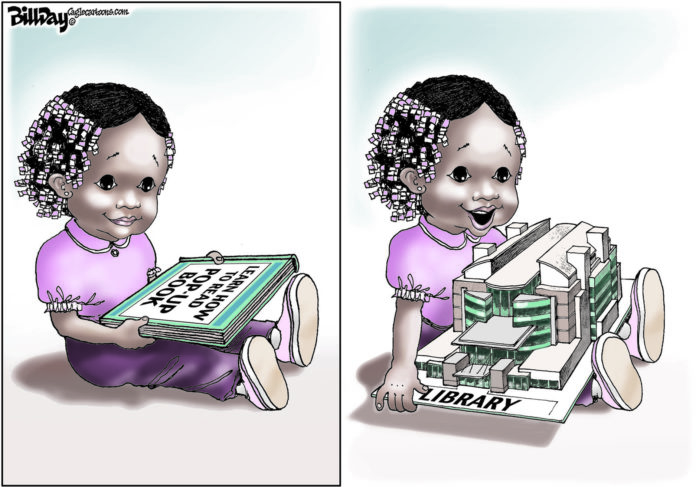BY SHARON MARTIN
 Kids with a healthy vocabulary score better on tests. They make better grades. They make a good impression in interviews. They aren’t necessarily smarter than other kids, but they have any easier time getting through school.
Kids with a healthy vocabulary score better on tests. They make better grades. They make a good impression in interviews. They aren’t necessarily smarter than other kids, but they have any easier time getting through school.
As a reading teacher, I see this bear out day after day and year after year. Vocabulary matters. And something else I know: kids don’t learn vocabulary by filling in worksheets.
Vocabulary building begins at birth. Some say it begins before that, with the sound of a mother’s voice. It is built around the dinner table and in Mama’s lap. It is built in churches, theaters, museums, and in all the interactions children have with adults.
It is impossible to underestimate the benefits of books, conversation, and social interaction during a child’s early years.
A group of researchers, led by Mariah Evans, University of Nevada-Reno, found in a 20-year study that books in the home have an effect on the education level a child will attain equal. Having 500 books in the home will add an average of 3.2 years to a child’s education. Low-income children benefit most.
Two groups seek to get books into the hands of low-income children – First Book and Reading Is Fundamental. My Title I program is fortunate to be a beneficiary of First Book. You should see how excited students get when boxes of books arrive!
Last spring, as the school year was coming to a close, third and fourth graders left the classroom clutching a book of poetry to their chests. We received hardback copies of Caroline Kennedy’s A Family of Poems. We read poems aloud in class, as a chorus, to each other, sometimes with drum accompaniment.
“Someday, you’ll read these poems to your children,” I said. I was thinking of my Grandma Edge who shared poems with me.
We start where we are and try to have an impact on this generation and the next.
Louis Foley understood the importance of words. In his 1928 book, Beneath the Crust of Words, he wrote this: “Knowing words, realizing what they are, and understanding something of how they have come to be what they are, we see in them the crystallized residue of many centuries of thought.”
If we want children to grow up to be thinkers, we have to give them the words that give flesh to their ideas. We have to talk to them about things of importance. We have to share stories with them and put books into their hands.
Civilization depends on us to get this job done.
– Sharon Martin lives in Oilton, OK and is a regular contributor to The Oklahoma Observer








